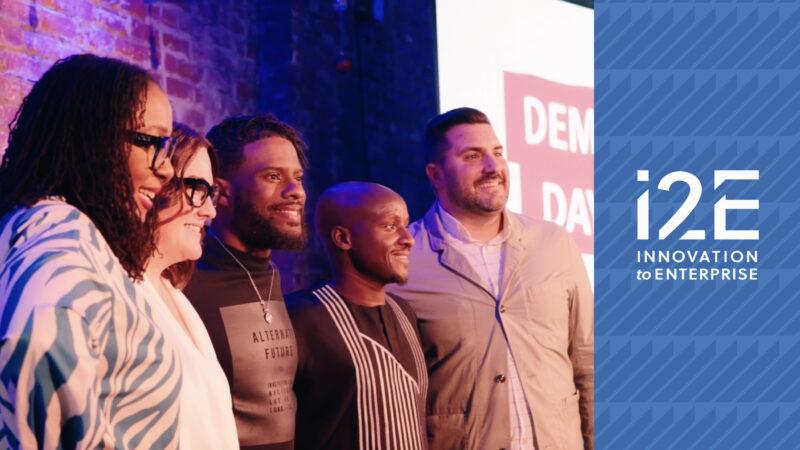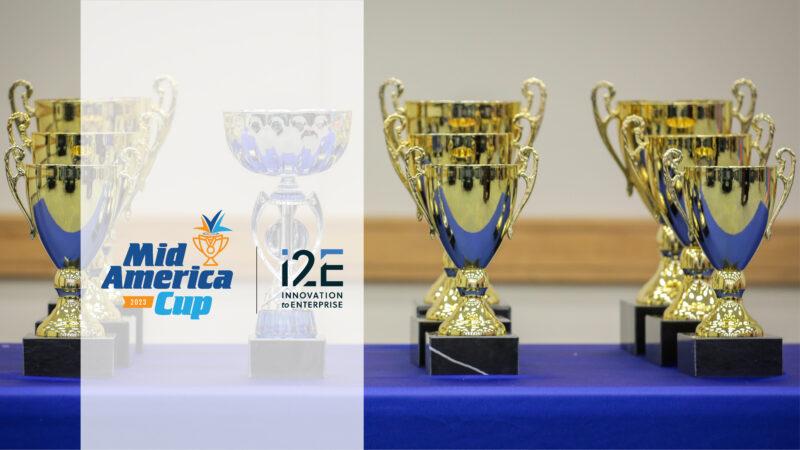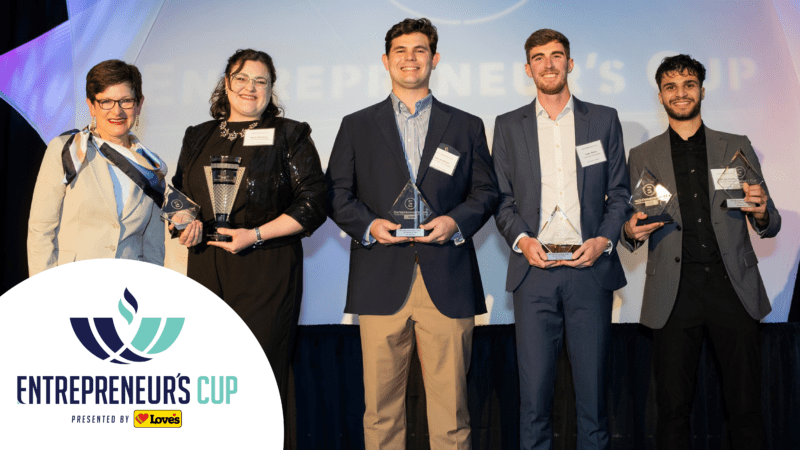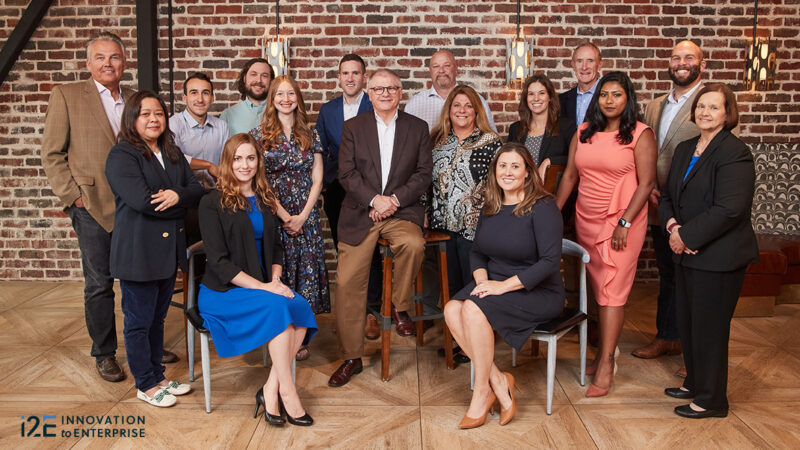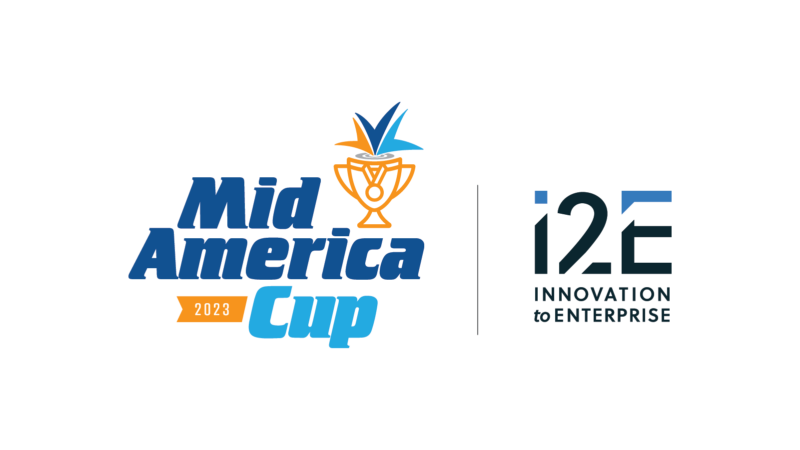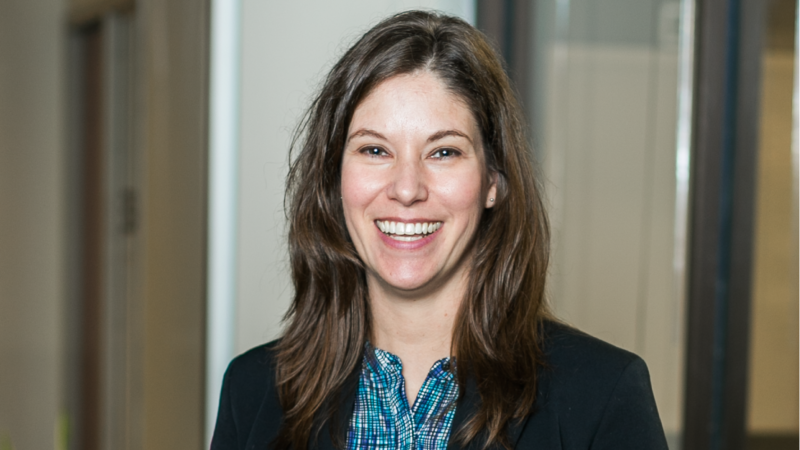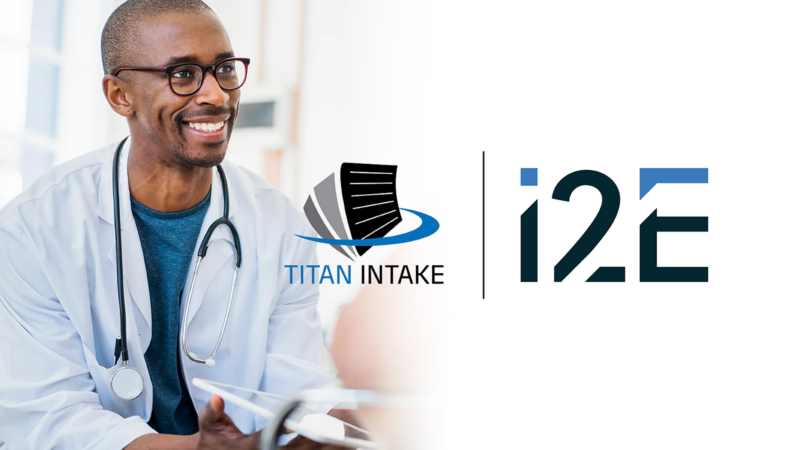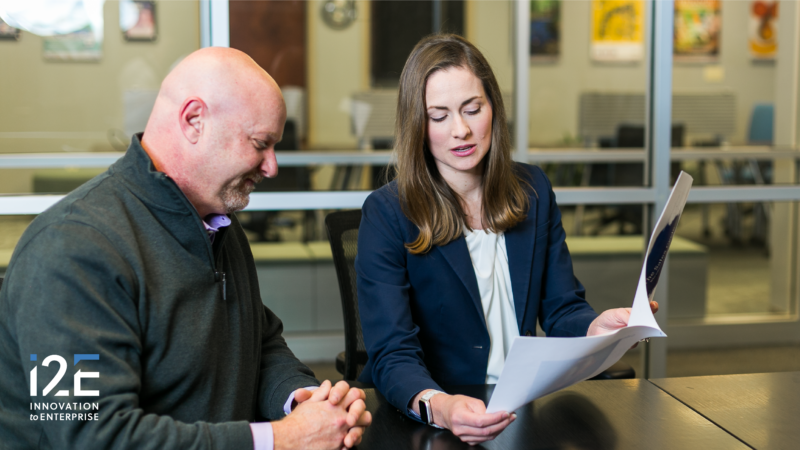By Scott Meacham
Copyright © 2017, The Oklahoma Publishing Co.
All over Oklahoma, students from kindergarten to college are heading back to school. My biggest hope is that somehow, some way, Oklahoma’s teachers, parents, and those of us in the innovation economy and beyond, find ways to boost their interest and exposure to STEM (science, technology, engineering, and math).
Most students aren’t going to need know quantum physics or how to build advanced circuitry, but STEM isn’t just for scientists. By 2020 more than half of all jobs will require some amount of technical ability.
We need to be equipping our young people with problem-solving and analytical skills. They need to know how to think creatively. From specialized sales people to managers and HR professionals, tomorrow’s workers will need the ability to understand and communicate technical ideas.
Some students are so drawn to science and math that an electrical force field couldn’t keep them away. Others need a spark — from a teacher, an internship, an opportunity, or even a YouTube video.
One of my favorite examples is the back story of Ken Parker, CEO and co-founder of NextThought and before that co-founder of RiskMetrics Group (acquired in a billion-dollar-plus transaction by MSCI). Parker mentors entrepreneurs and startups and serves on the board of TeleVet.
Parker’s family moved from rural Ohio to Chelsea, OK, in the mid-1970s. “It was a teenage boy’s paradise, a Tom Sawyer existence,” Parker says. “We rode motorcycles in the country — leaving home in the morning and coming home when it was dark and on weekends going camping.”
Resources were scarce at the school that Parker attended in Chelsea, but through a Title IX grant, the school had received a computer. Parker wasn’t a disruptive student, but he was on the edge of bored, looking around for something more than Algebra II to do when a teacher pointed him to the computer (still in its box) and told him to make it do something interesting. That teacher, who also drove the school bus, came back after the bus route to lock and unlock the door, giving Parker access to the computer after school.
“I got it to solve a quadratic equation and spit out the solution to a Litton typewriter. It looked like a ghost possessed it,” Parker said. “I fell in love. If that teacher hadn’t taken the time, effort to do that, I wouldn’t have had that formative experience.”
I don’t expect an end to the struggle to gain enough STEM focus and resources for students in Oklahoma’s schools. But that doesn’t mean there aren’t ways for each of us to focus and inspire.
Scott Meacham is president and CEO of i2E Inc., a nonprofit corporation that mentors many of the state’s technology-based startup companies. i2E receives state support from the Oklahoma Center for the Advancement of Science and Technology and is an integral part of Oklahoma’s Innovation Model. Contact Meacham at [email protected].
Read the article at newsok.com

